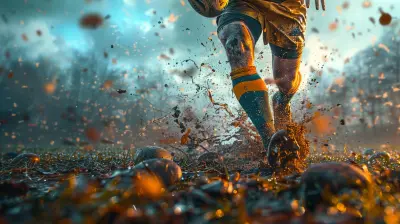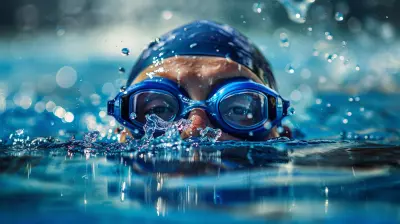Do You Need a Coach? The Benefits of Hiring a Triathlon Coach
29 October 2025
Triathlon is one of the most demanding sports out there. It's a unique blend of swimming, biking, and running, each with its own set of challenges. Whether you're a beginner dipping your toes into the triathlon world or a seasoned athlete aiming for personal records, you’ve probably asked yourself this question: “Do I need a coach?”
Let me cut to the chase — yes, you probably do. But hear me out. While some athletes thrive on self-coaching and DIY training plans, hiring a triathlon coach can make a world of difference. From improving your performance to preventing injuries, having a coach by your side can be the secret sauce that propels you to the next level.
In this article, we’ll dive deep into the benefits of hiring a triathlon coach and why it might just be the best investment you can make in your athletic journey.
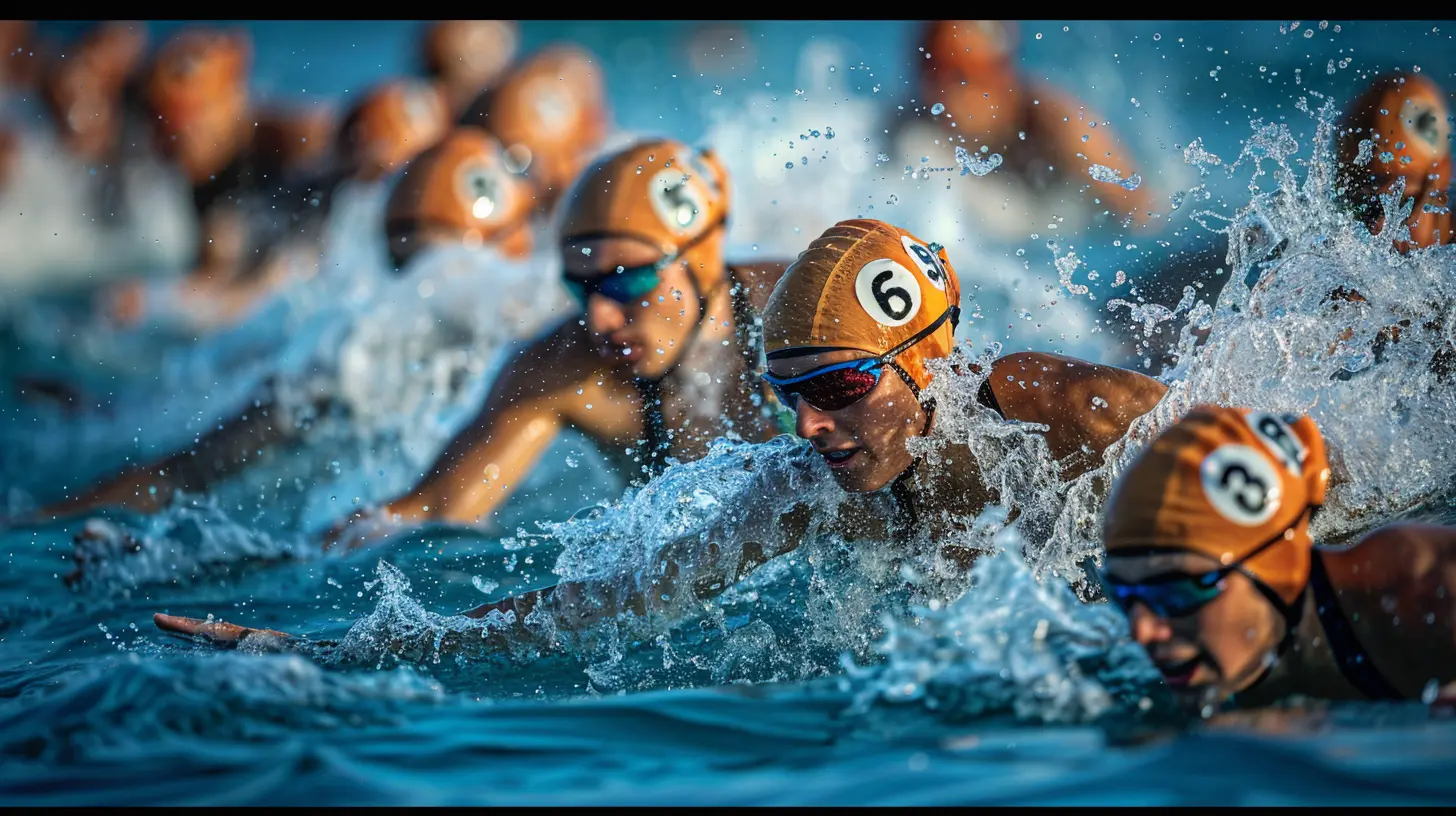
What Does a Triathlon Coach Do?
Before we get into the reasons why you might need a coach, let’s clarify what a triathlon coach actually does. A triathlon coach is your guide, your mentor, and sometimes even your biggest cheerleader. They craft custom training programs tailored to your fitness level, goals, and lifestyle. They also provide feedback on your technique, nutrition, and mental approach to the sport.But it doesn’t stop there.
A coach will push you when you need it, pull back when you’re at risk of burnout, and help you navigate the ups and downs that come with training for a demanding event like a triathlon.
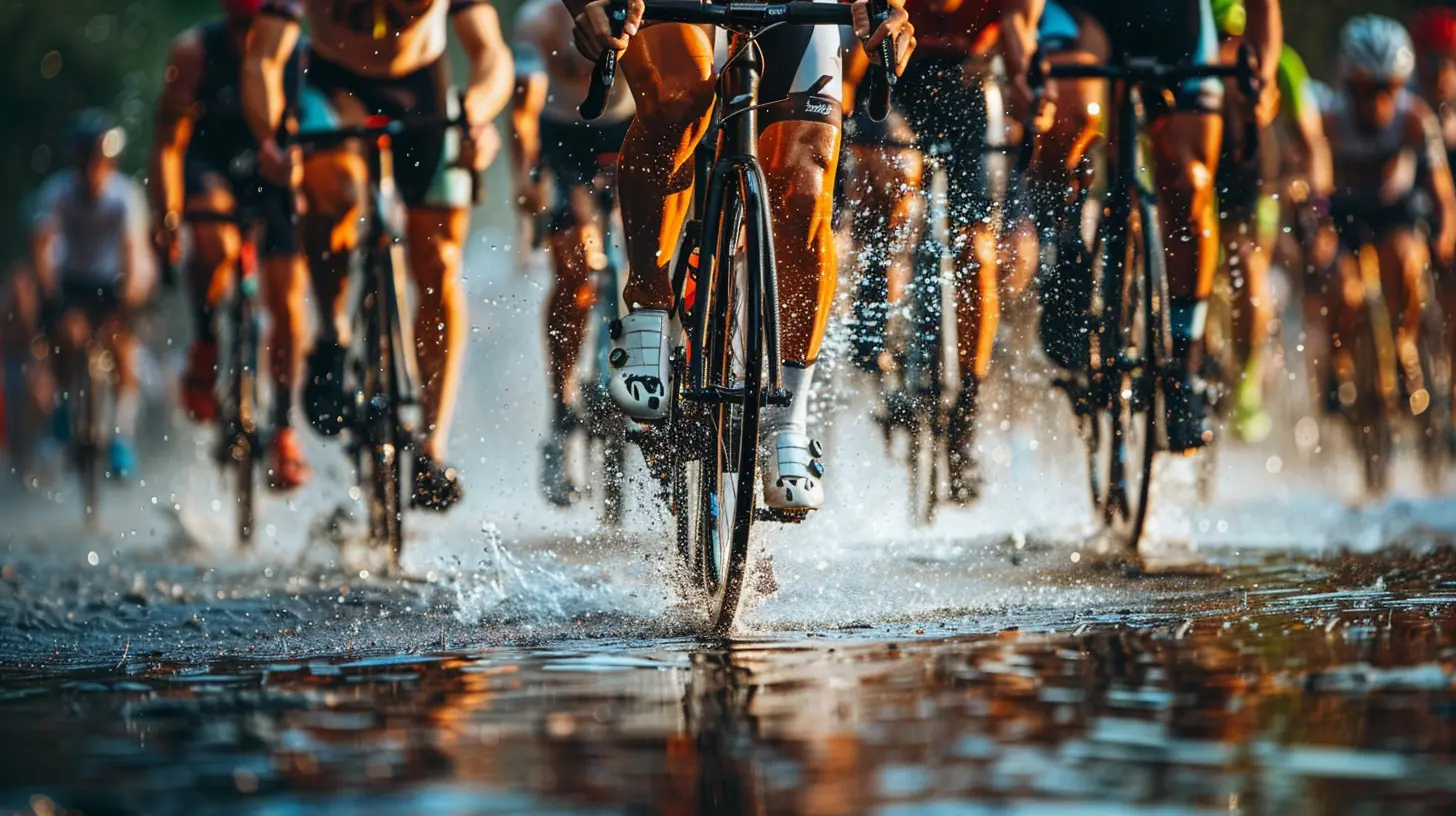
Why You Might Be Hesitant to Hire a Coach
Now, I know what you're thinking. "Why should I spend money on a coach when I can just follow a free plan online?" It's a valid question, and you're not alone in thinking that way. Many athletes, especially beginners, feel like they can get by with a generic training plan or by piecing together advice from blogs, YouTube videos, and forums.But here’s the thing: A one-size-fits-all plan often doesn’t work. Every athlete has different strengths, weaknesses, schedules, and needs. What works for someone else might not work for you. And let's be real—how often do you stick to those free plans?
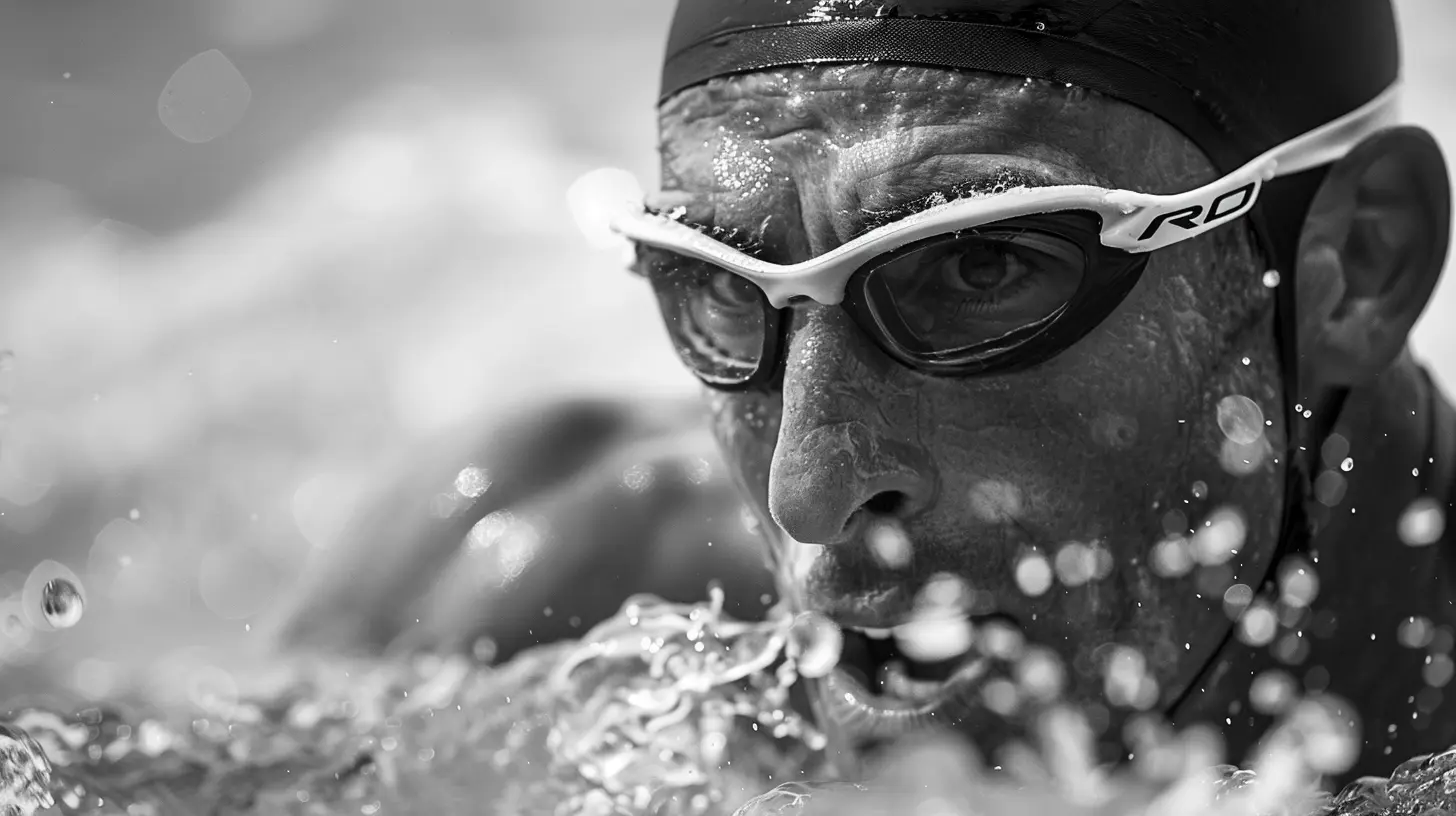
The Benefits of Hiring a Triathlon Coach
1. Personalized Training Plans
The beauty of working with a coach is that your training plan is tailored specifically for you. It’s like having a custom-built car versus driving an off-the-lot model. Sure, you can get from point A to point B in both, but the custom car is going to fit your needs perfectly. A coach will consider your:- Current fitness level
- Race goals
- Schedule
- Injury history
- Strengths and weaknesses
They’ll design a plan that progresses at a pace that’s right for you, ensuring that you’re challenging yourself without overdoing it. No more guessing whether you're training too hard or too easy.
2. Accountability
Let’s face it: Staying motivated can be tough, especially when life gets busy. Skipping a workout here and there can easily turn into skipping a week of workouts. A coach provides accountability.When you know someone is checking in on your progress, you're more likely to stay on track. It’s like having a gym buddy — except this buddy knows exactly how hard to push you. They’ll notice if you're slacking and give you that extra nudge to keep going when your motivation dips.
3. Expert Guidance
The world of triathlon is vast, and there’s a lot to learn. From perfecting your swim stroke to mastering transitions, a coach can help you improve in every discipline. They can break down complicated techniques into digestible pieces and provide feedback that you just can’t get on your own.Do you know the exact cadence you should be cycling at? Or how to pace yourself in an open water swim? A coach does. They’ll help refine your skills so you’re not just completing the race — you’re crushing it.
4. Preventing Injury
Training for a triathlon is no joke. It’s easy to get caught up in the excitement and overtrain, which can lead to injuries. A coach helps you avoid this. They’ll monitor your training load and adjust it as needed to ensure you’re not pushing your body past its limits.Additionally, they’ll guide you through strength training and recovery, which are essential for keeping your body healthy and ready for race day. Think of a coach as your safety net—they’ll catch potential issues before they turn into full-blown problems.
5. Mental Toughness
Triathlons are just as much a mental challenge as they are a physical one. The mental aspect of endurance sports is something many athletes overlook. A coach can help you develop the mental toughness needed to push through the tough moments in training and racing.Whether it’s dealing with race-day nerves or pushing through the last few miles of the run, a coach will teach you strategies to stay mentally strong and focused.
6. Efficient Use of Time
Let’s be real: Time is a valuable commodity, especially if you're balancing work, family, and training. A coach can help you make the most of your limited time by designing efficient workouts that target your specific needs. No more wasting hours on workouts that aren’t moving the needle.With a coach, every session has a purpose. Whether it’s working on your aerobic base, building strength, or improving your technique, you’ll know exactly why you're doing each workout and how it fits into your overall plan.
7. Race-Specific Strategies
Race day is a whole different animal compared to training. There are so many variables to consider — pacing, nutrition, transitions, and even equipment choices. A coach can guide you through race-specific strategies to ensure you're prepared for whatever comes your way.They’ll help you figure out how to pace yourself across all three disciplines, when to fuel during the race, and how to navigate the chaos of transitions. Plus, having a coach means you can run through different race-day scenarios beforehand, so there are no surprises when the big day comes.
8. Boost Your Confidence
Let’s be honest — triathlons can be intimidating. Whether it’s your first race or your fiftieth, there's always some level of uncertainty. Having a coach in your corner can boost your confidence like nothing else. You’ll enter race day knowing that you’ve followed a solid plan and prepared yourself to the best of your ability.There's something incredibly reassuring about knowing an expert has guided your training. It’s like having a roadmap for success, and that alone can make a huge difference in how you approach your race.
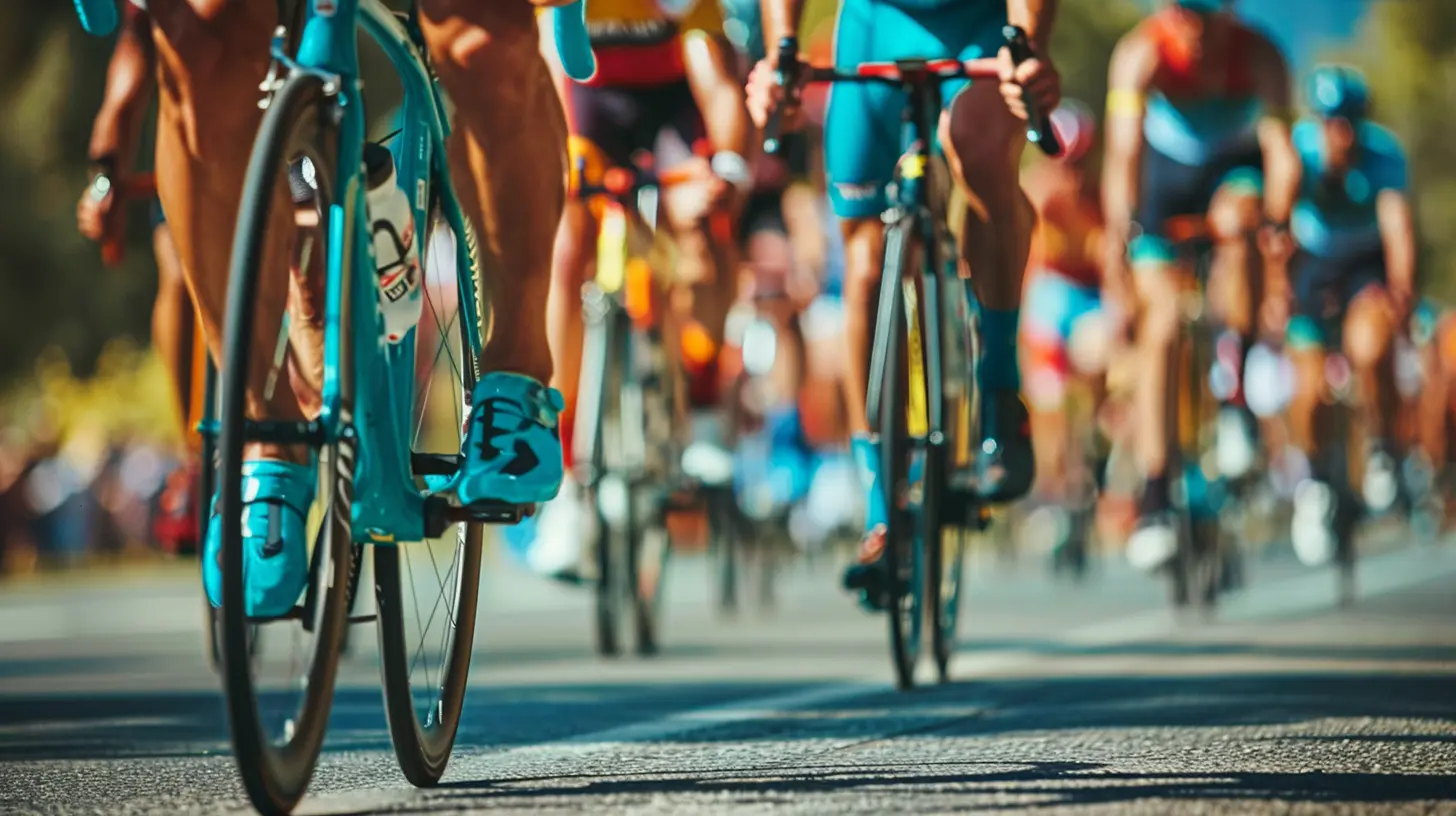
How to Choose the Right Triathlon Coach
Alright, so you’re convinced that hiring a coach is a good idea. But how do you find the right one? Here are a few things to consider when choosing a triathlon coach:1. Experience and Expertise: Look for a coach who has experience coaching athletes at your level and understands the specific demands of triathlon.
2. Coaching Style: Every coach has a different approach. Some are more hands-on, while others take a more laid-back approach. Find someone whose style matches your learning preferences.
3. Certifications: While certifications aren’t everything, they do show that the coach has a certain level of knowledge and expertise. Look for coaches certified by reputable organizations like USA Triathlon or Ironman.
4. Communication: Good communication is key. Make sure the coach is available to answer your questions and provide feedback in a timely manner.
5. Cost: Coaching can be a financial investment, so make sure the coach’s fees fit within your budget. That being said, remember that you're investing in yourself and your performance.
When Is the Right Time to Hire a Coach?
There’s no "perfect" time to hire a coach, but here are a few signs that it might be a good idea:- You’re a beginner and don’t know where to start.
- You’ve hit a plateau and aren’t seeing improvements.
- You’re training for a big race and want to maximize your performance.
- You struggle with staying consistent or motivated.
- You want to prevent injuries and train smarter.
If any of these resonate with you, it might be time to consider hiring a coach.
Final Thoughts
So, do you need a triathlon coach? While it’s possible to train on your own, the benefits of having a coach are undeniable. They’ll provide a personalized plan, keep you accountable, help you avoid injuries, and boost your confidence.In the end, a coach isn’t just about getting faster or stronger — though that’s a nice bonus. It’s about having someone in your corner who believes in your potential and helps you reach it. Whether you're aiming to finish your first sprint triathlon or qualify for Kona, a coach can help you get there.
all images in this post were generated using AI tools
Category:
TriathlonAuthor:

Uziel Franco
Discussion
rate this article
1 comments
Petra Erickson
Why go solo when you can have a triathlon coach? They're like GPS for your fitness journey—guiding you through the twists and turns of swim, bike, run!
November 2, 2025 at 1:01 PM

Uziel Franco
A coach offers expert guidance and personalized training, making your triathlon journey more efficient and effective. It's like having a tailored roadmap to success!
